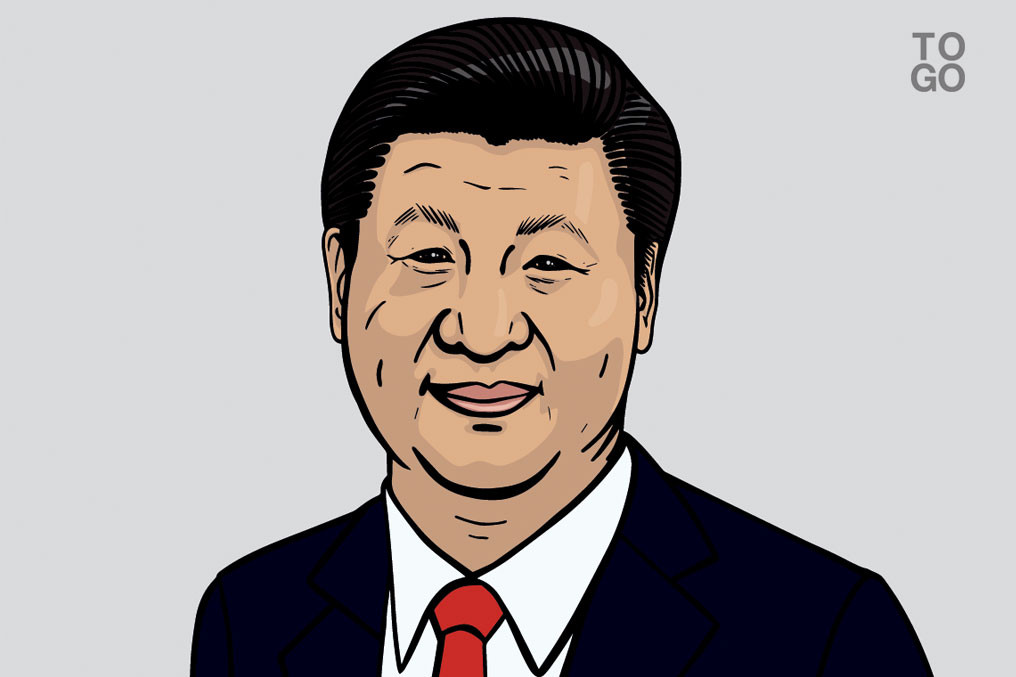Global Reach of China's Espionage Network Exposed Through Arrests of Ex-Democracy Activists

In a series of alarming developments, former democracy advocates turned espionage agents have been arrested across the globe, revealing the extensive reach of China's intelligence network. Yuanjun Tang, a former participant in China’s 1989 democracy movement, was recently arrested in New York, accused of acting as an unregistered agent for Beijing's intelligence services. Tang, who fled China decades ago and was granted asylum in the United States, is suspected of spying on pro-democracy groups in America for the past six years.
This arrest follows the conviction of Shujun Wang, a Chinese-American scholar and prominent democracy activist, who was found guilty of spying on overseas dissidents for the Chinese government. Both cases have raised serious concerns about the safety and security of activists worldwide, as Beijing's espionage efforts appear to be more pervasive than ever before.
In April, German authorities arrested Guo Jian, a European parliamentary aide and German citizen, for allegedly spying for China. Guo, who had been deeply involved with the overseas pro-democracy movement, is accused of passing sensitive information to Beijing regarding European Parliament negotiations and Chinese dissidents in Germany. His arrest, along with others, highlights the aggressive tactics employed by the Chinese government to suppress dissident voices abroad.
Experts warn that these cases are not isolated incidents but part of a broader strategy by the Chinese Communist Party (CCP) to infiltrate and undermine dissident groups globally. According to Daria Impiombato, a security analyst with the Australian Strategic Policy Institute, Chinese dissident groups, both inside and outside China, have long been targets of infiltration. The CCP's covert operations include infiltrating WeChat groups and embedding untrustworthy individuals within activist communities.
The international community has expressed deep concern over Beijing's "long-arm enforcement" of its laws beyond its borders. This includes the use of secret police stations, overseas intelligence agents, and a network of consular volunteers to suppress dissent. Recent arrests in Taiwan further underscore China's growing espionage efforts, with Taiwanese soldiers being sentenced to prison for spying on behalf of Beijing.
These arrests have exposed the global reach of China's espionage activities, which extend far beyond its borders. Western intelligence agencies have also noted an increase in Chinese espionage operations in Europe, with a notable rise in cases involving "honeypot" tactics—where agents romantically entangle their targets. According to Nigel Inkster, a former director of operations at Britain’s MI6, while Western intelligence agencies are improving at detecting these activities, China's espionage efforts are becoming increasingly sophisticated.
In response to these revelations, Chen Yixin, China’s minister of state security, has called for a "powerful offensive" to eliminate perceived traitors, signalling that Beijing's espionage campaign is unlikely to abate anytime soon. As the global community grapples with this growing threat, international cooperation will be crucial in countering China's expanding intelligence network.

![From Kathmandu to the World: How Excel Students Are Winning Big [Admission Open]](https://nepalaaja.com/img/70194/medium/excel-college-info-eng-nep-2342.jpg)
